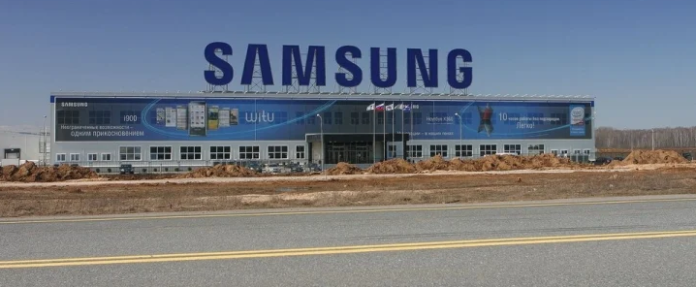SEOUL: Shares in Samsung Electronics , the world’s top memory chip maker, fell on Wednesday to their lowest level in more than four years amid worries about the impact of US tariffs under a new Donald Trump administration, analysts said.
The South Korean tech giant is the worst performing stock among global chipmakers like TSMC and Nvidia this year, as it has lagged behind rivals in tapping booming demand for artificial intelligence chips.
Trump’s potential tariffs on Chinese imports are seen dealing a bigger blow to Samsung, which has a higher reliance on Chinese customers than its local rival SK Hynix, said Lee Min-hee, an analyst at BNK Investment & Securities.
Hynix has been increasing sales of high-end AI server chips to US customers like Nvidia.
Trump has threatened to impose a universal 10% tariff on imports and 60% on Chinese goods, which would reduce demand for electronics products that use chips, said Greg Noh, an analyst at Hyundai Motor Securities.
Last week, South Korean President Yoon Suk Yeol also raised concerns that Trump’s threat of steep tariffs on Chinese imports could prompt Chinese rivals to slash export prices and undercut Korean chip firms overseas.
Samsung shares are down 34% in the year-to-date and on course to post their worst annual performance in more than two decades.
Shares in SK Hynix have risen 32% so far this year, and US chipmaker Nvidia has gained 199%.
Samsung shares, South Korea’s most valuable stock, extended declines to a fourth straight session, down 2.1% as of 0126 GMT, after falling as much as 2.5% to 51,700 won, the lowest since June 24, 2020, while the broader KOSPI market fell 1.5%.
SK Hynix rose as much as 2%, after falling for two consecutive sessions.























